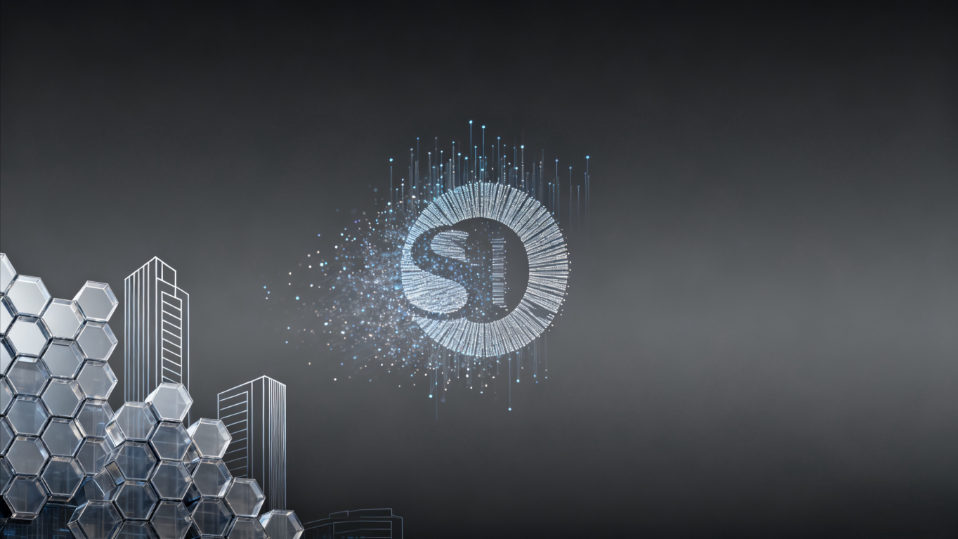
The artificial intelligence sector is witnessing another stir. On October 25, SoftBank Group officially approved a $22.5 billion investment in the global AI giant OpenAI. This move not only sets a new record for a single investment round, rare in the history of global technology, but also marks a new phase in SoftBank's strategic bets in the AI field.
In fact, this is not the first capital interaction between SoftBank and OpenAI. As early as April this year, SoftBank invested $10 billion to support OpenAI's R&D and commercialization plans. Those funds were primarily used to accelerate the training of its core models and the development of server clusters and self-developed AI hardware. This additional $22.5 billion is seen as a crucial support for OpenAI's "super financing plan." According to industry sources, OpenAI plans to lay the capital foundation for its future initial public offering (IPO) through a total financing of up to $40 billion. SoftBank accounts for a whopping 75% share in this funding round, becoming the absolute core investor.
For SoftBank, this is not just an investment but a strategic move. Masayoshi Son has long firmly believed that artificial intelligence will become "the next electricity for human civilization," and OpenAI is a representative of this era's turning point. Through this massive investment, SoftBank aims to leverage OpenAI's technological and ecosystem advantages to secure a more favorable position in the global AI race.
Meanwhile, OpenAI's business landscape is rapidly expanding. Beyond continuously strengthening its language models and image/video generation capabilities, the company has recently quietly increased its R&D investment in the "AI music generation" field. It is reported that OpenAI is collaborating with a renowned American music conservatory to jointly work on the collection and structured annotation of musical scores and audio data. This move aims to provide richer, higher-quality training data for its next-generation music generation model.
Although OpenAI previously launched a music generation model, the industry widely believes that its works still lag behind professional human creations in terms of melodic coherence, emotional expression, and timbre detail. Furthermore, copyright risks and legal liability issues surrounding AI-generated music have become challenges that OpenAI must squarely address. This collaboration with the music conservatory is viewed as a dual exploration in ensuring data compliance and improving generation quality.
It is worth mentioning that OpenAI recently also launched a new AI browser, deeply integrating ChatGPT into the processes of web search, content analysis, and knowledge aggregation. This initiative transforms AI from being merely a "conversational tool" into a "knowledge engine" that understands, reasons, and creates information in real-time.
In summary, SoftBank's massive investment not only provides OpenAI with ample financial firepower but also signals that the global AI industry is entering a deeper stage of capital integration and technological competition. OpenAI's technological boundaries are constantly being pushed, from language to vision, from video to music, it is building a ubiquitous AI ecosystem. And SoftBank's $22.5 billion injection this time will undoubtedly become one of the most significant chapters in the capital narrative of the AI era.
















